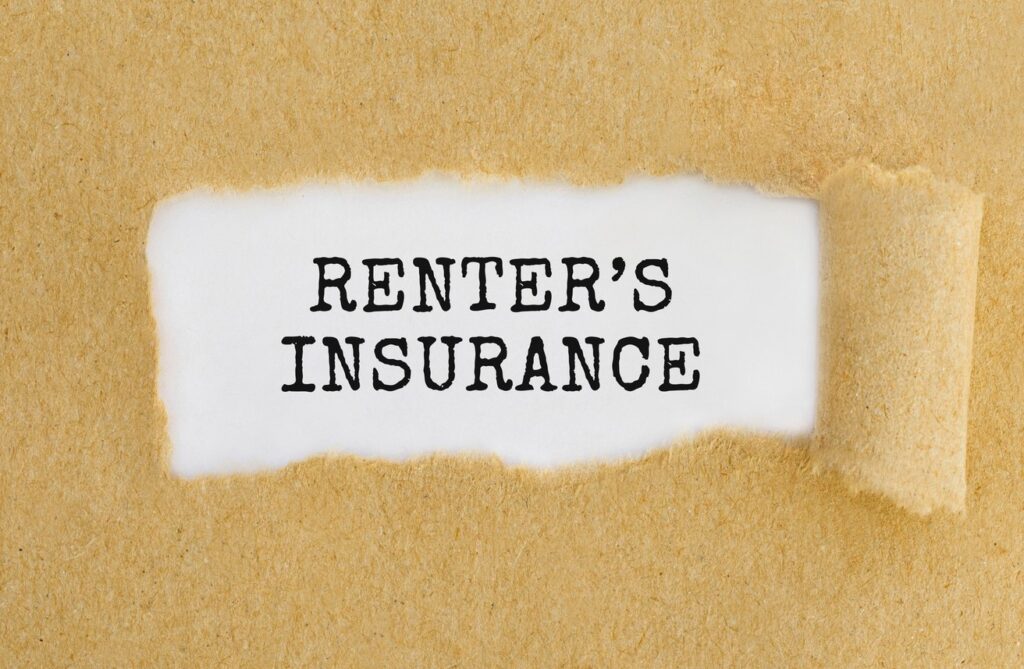Anything living tends to move towards better resources for its survival. For example, the tree spreads its roots towards the water source or some birds migrate in search of better weather for survival. The case is quite similar to humans as well. We often move from one place to another for means of better education or a job. However, unlike animals, we need a shelter to stay.
Building a house, everything you move from a place to another is not only costly but also cumbersome and time-consuming. Therefore, renting a place to stay is a feasible option. The property rental industry is one of the most booming and profit-making industries in the modern world. Being a profitable industry has its own set of risks as well, and where risks are there, insurance comes in as the next step.

Renters’ Insurance vs. Homeowners’ Insurance
When renting out a property, always two parties are involved: the owner and the renter or tenant. Based on this feature property insurance can also be broadly divided into these two categories:
- HomeOwners’ Insurance
- Renters’ or Tenants’ Insurance
Homeowners’ Insurance primarily deals with risks to a property that involves loss of contents, wear and tear due to prolonged use, liabilities against damages in accidents or natural calamities, etc. In case of any such unfortunate events, the owner would be financially reimbursed as per the policy rules.
Renters’ Insurance is in similar lines with the homeowners’ insurance but with less coverage. Most of the renters’ insurances in the current market usually do not cover the dwelling or the structure completely often allowing small changes that could be made when the tenant deems it necessary.

Why should you consider Renters’ Insurance?
Those who have rented a place are well aware of the hurdles; the tenants have to go through because of annoying owners. The vice versa is equally true when a property is occupied by rowdy tenants. Therefore, to protect the interest of both parties, renters’ insurance is a great option as it provides a win-win situation.
In some countries, like the United States, Australia, etc. when one leaves the rented premises they have to return it in the same condition they took it. Even leaving some excess contents would attract loss in the rental deposit. Most of the time, it is not possible for the tenants to leave the premises as is. In such situations, renters’ insurance comes in handy.
In some instances, the tenants need a bit of remodeling to the existing structure. However, because of the rental agreement they are not able to do these alterations and remain living uncomfortably. Renters’ insurance often covers such events and allows the tenant to live freely just like their own property rather than tip toeing on eggshells.
We are all aware that accidents happen out of the blue and without any prior intention. However, even if the damages are nominal, because of such incidents, often the tenants have to pay hefty fines in the form of deposit cuts. Financial reimbursements because of such unfortunate incidents are often covered under the renters’ insurance policies.
Another important factor that is covered as part of renters’ insurance is the safety of the things that belong to the renter and are not related to the homeowner. Renters’ Insurance also takes care of any kind of loss or damage to the tenants’ belongings. Visit this site for information in this regard.

General Requirements of Renters’ Insurance
Nowadays most of the rental agreements of various properties cover renters’ insurance by default. The reason for this is simple as it protects both the interests of the owner as well as the renters equally. Three types of damages are generally covered in all kinds of renters’ insurances. They include:
- Loss due to use
- Personal Property
- Personal Liability
Apart from these three damages, if both the parties agree to cover some extra other features like physical harm due to many accidents and contents like the safety of electronic devices then they could be included in the policy in consideration with an insurance company.

Instant Renters’ Insurance
We live in an era of superfast and advanced technology, where getting out of one’s comfort zone is also considered a drawback of the insurance companies. Therefore, almost all of these insurance companies provide the option of instant renters’ insurance with just four simple steps:
- Search for the insurance that suits the requirements
- Getting an instant quote on the selected option
- Applying for that particular insurance
- Get all the coverage documents instantly
Such options not only remove waiting-time and efforts of both the insurer and the insured but also removes third-party dependencies like agents, which are often overhead and are taken out from the customers’ regular premium amounts thus increasing the cost as well.
Along with speed, the insurance companies that deal with such online transactions also provide safety and privacy to the personal information of all their customers. Their impeccable customer support also makes them quite reliable with honorable goodwill and a strong customer base.

Renters’ Insurance Tracking
While renters’ insurance is quite an in-thing in the property rental business, tracking of renters’ insurance can be a bit overwhelming. Insurance companies often track the end dates and cancellations; thereby coercing the insured to renew the insurance policies. Many apartment complexes make renters’ insurance a compulsory feature while renting out their premises thereby not giving the choice to opt-out. Such options often use the feature of additionally insured.
The feature increases the difficulty of the owner or the manager for recovering out of a tenant’s liability because additionally insured is a third party rather than the actual tenant and it is general knowledge that how much difficult it is to get money out of any third-party agency.
Insurance must be seen as a form of protection rather than a cumbersome nuisance. Therefore, it is the dual responsibility of both parties to be transparent in their transactions with one another.









